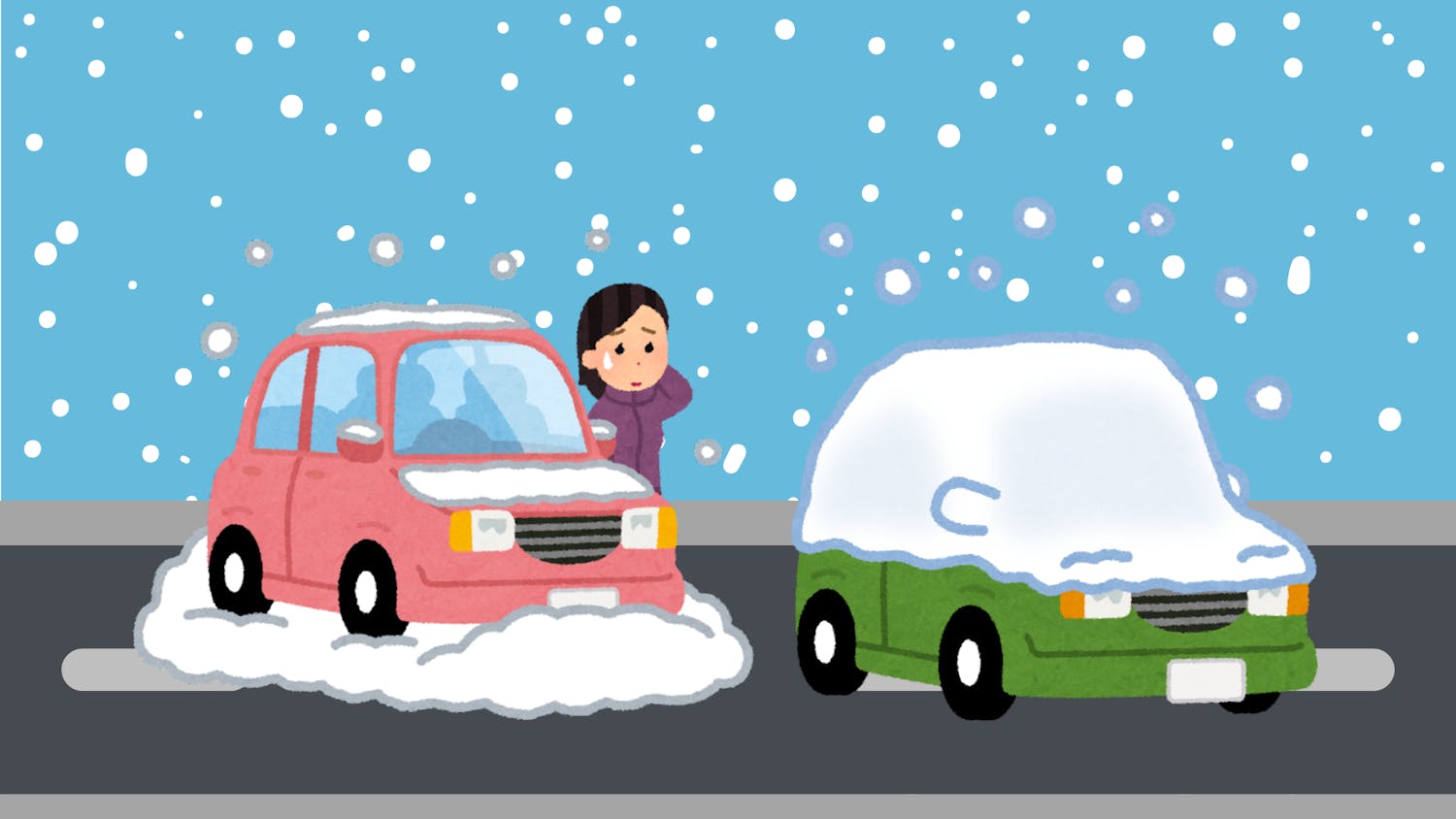When I was born in 1999 in a small town just across the river from Philadelphia, it must’ve seemed to my family that I had a bright future ahead of me. I was being brought into a new millennium propelled by unprecedented economic growth, ever-advancing technology, and a new era of peace ushered in by the end of the Cold War. Americans, by and large, were closing out an era of rapid positive change, eager to see what the year 2000 and beyond would bring.
Now, it doesn’t exactly feel as though I have much of a future at all.
According to a report released last October by the UN Intergovernmental Panel on Climate Change, the planet is expected to reach the crucial threshold of 1.5 degrees Celsius above pre-industrial levels by as early as 2030, years earlier than initially expected. Surpassing this number would precipitate extreme droughts, wildfires, floods and food shortages for hundreds of millions of people around the world.
We’ve already had a small glimpse of what could in store en masse for humanity in the near future should we surpass this number. Just last year, Cape Town, South Africa was on the verge of reaching what it dubbed “Day Zero” following an intense two-year drought, in which its water supply would run out, and taps would be shut off, forcing the government to ration out water. Thankfully, Cape Town’s Day Zero never came. It finally rained.
But now, as we sit just a mere 11-years out from our global tipping point, there is no signal that our planet will be hit with the same stroke of luck as Cape Town was, nor is there any indication that the industrialized world plans to significantly reduce its carbon emissions in time to avert our impending doom. We are quite literally staring down the barrel of a gun whose trigger has already been pulled. The question is not if or when it will strike us, but how much can we limit the damage when it does?
Yet, if you were to take a look around on a typical city street in America, you would have no idea that we were facing the most existential threat to humanity arguably since the plagues of the middle ages.
Single-use plastic items continue to be a staple of industrialized life; cars are continuously used, even when walking is an option; major corporations continue to pollute at higher and higher levels with each passing year, all to the tune of deafening silence from regular citizens and policy makers alike.
We are continuing our self-destructive behavior in the hope that we will somehow find a way to innovate ourselves out of this self-inflicted pending apocalypse. However, truth be told, we cannot. Rather than waiting for a magic cure, we must all take action now.
We just do not have the time to bicker over the political popularity of eco-friendly policy or fret over the economic impact of reducing our carbon footprint. After all, what does GDP matter when Wall Street and Washington alike are set to be submerged by rising sea levels by the end of the century?
According to the same UN Climate report that all but predicted our impending doom, there was a silver lining: We still have a sliver of time left.
Global net emissions of carbon dioxide would need to fall by 45% from 2010 levels by 2030 and reach “net zero” around 2050 in order to keep the warming around 1.5 degrees Celsius, averting a complete disaster. It is imperative that we take action now.
Call, write, email, tweet, do anything you possibly can to pester your legislators about the human emergency our planet is facing. We live in uncertain times about what the future of our planet and even our species may look like, but we must not let that uncertainty deter us from taking action. If we don’t, we run the risk of eliminating that uncertainty all together and are sealing the path to our own destruction.
Nicholas Kerr is a sophomore diplomacy and international relations major from West Deptford, NJ. He can be reached at nicholas.kerr@student.shu.edu.





